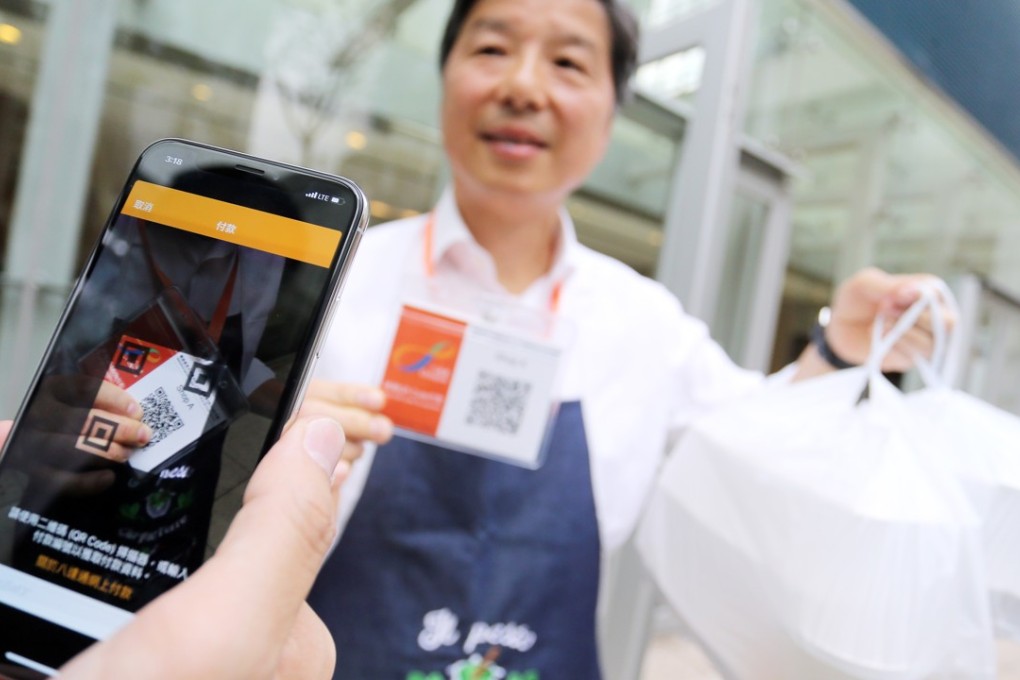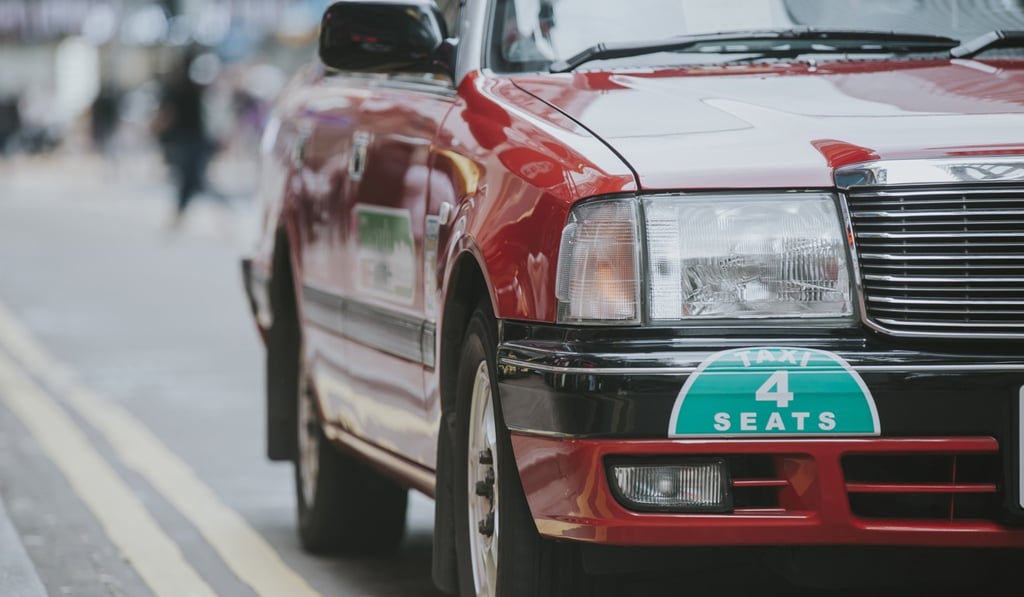Hong Kong e-payment operator Octopus launches QR code service, aiming to get city’s 40,000 taxi drivers off cash
But new method receives lukewarm response from taxi industry insiders, who say more incentives and data protection needed to get drivers on board

Hong Kong cashless payment operator Octopus has launched a QR code service aimed at small merchants and the city’s 40,000 taxi drivers, who have long been reluctant to accept anything but cash.
The new payment method, which only requires a smartphone on each side of the transaction, eliminates the need for merchants to install Octopus card readers, which at certain locations are bound by technical limitations.
But the new service has received a lukewarm response from taxi industry insiders, who said more incentives and data protection would be needed to get drivers on board.
The city’s mobile payment market was opened up last year when the Hong Kong Monetary Authority began issuing licences to operate such services, with big players across the border in mainland China, including WeChat Pay and Alipay, keen to get a slice of the pie.
Alipay is a unit of Ant Financial Services Group, an affiliate of Alibaba Group, which owns the South China Morning Post.
